Wander, Forage, & Wildcraft: Episode #13 - Tyson Sampson of the Eastern Band of Cherokee Indians11/23/2020
I swear I didn't plan this, but the timing was serendipitously perfect! Tyson Sampson and I recently recorded this episode of the podcast, Wander, Forage, & Wildcraft, just before Thanksgiving. I have to say Thanksgiving used to be my favorite holiday. I saw it just as a day about being grateful and eating good food. Knowing what I know now, though, the greatness has tarnished.
I want to offer you some literal food for thought this Thanksgiving Day...
For many Indigenous people living in their tribal lands, Thanksgiving Day is a painful reminder of the forced policies of oppression resulting in multiple generations of grief and trauma. If you don't already know, The WANDER School recently became a 501(c)3 registered non-profit organization to help acknowledge where the knowledge we have about wild foods and wild herbs originally came from (much of it from Indigenous people) and to give back for that knowledge, ie practice reciprocity. (Find out more here.) We've been going to Qualla Indian Boundary in western North Carolina to visit some of the Cherokee tribe's citizens. We've been helping Tyson and his relatives process their herbs to provide medicine for their extended circles of family. I feel so honored to have been able to have this discussion with my friend, Tyson. He tells us he is a member of the Eastern Band of Cherokee Indians as he introduces himself and then translates from the Cherokee language into English. He tells us about the land where he was born, has returned to, and what it was like before the modern effects of colonization. "The history that occurred here disrupted a very long-lasting living system of life. It's really hard to comprehend . . . . It's not really anything you can imagine . . . ." Tyson was raised by the women of his family, especially his grandma, great grandma, and their sisters. He got to listen to his elders speaking Cherokee from the time he was five. He said there was lots of laughter. But, over time, hearing the language spoken became less common. It made him think about what life might have been like and learn what happened to the Cherokee people. "All of my life's experiences . . . {have} always pointed back to who I am as an Indigenous person." This became even more true for Tyson in 2001 when he started to meet other "plant people" in western North Carolina. He hadn't been in the woods much since his elders passed. Then he met white people who foraged for plants because they had learned how in herb school. He realized then that, though he had always thought his people gathered wild greens simply because they needed to eat, the lessons taught by his elders were of great value. However, when he asked his new friends if they were foraging sochan (aka cutleaf coneflower [Rudbeckia laciniata], a traditional Cherokee wild green) they hadn't ever heard of it before. He wondered why this gap in knowledge existed. "Sochan is a staple food for us . . . . In the springtime, when we're interfacing with Cherokee people, we say, 'Have you had any sochan yet?' . . . Nobody knows that plant like we know that plant." For Tyson Sampson, food and language are the defining pieces of Cherokee culture. "We have names for the plants and mushrooms and trees . . . those things know their names when they're said in Cherokee. . . . I don't come from a pow wow family. . . . What makes my family Indian is our relationship to the foods and the language." Tyson and I share about the first meal he served me, what he calls a "Traditional Indian Dinner," and what that means to him. To give you a hint about how amazing it was, my daughter asked me if I was going to cry as I took the first bite. Then he goes into detail about Cherokee traditional corn and how it's traditionally processed, what he cans and pickles from the wild, and one of all of our favorites, ramps!
We talk about some new buzz words, "Traditional Ecological Knowledge" and Tyson's take on them, along with what it has been like for the Cherokee in Qualla Boundary to be in the middle of a pandemic.
"It's just a web. . . . I think we're entering into a time where . . . on the surface we're taught to be so self-absorbed: self-reliant, independent. But really, I've had to question that and question that. . . . It keeps pointing back to this: . . . People need people, people need plants, plants need people." If you love this podcast episode, please like, comment, and share with all your plant people. And don't forget to support the production on Patreon for as little as 5 bucks a month. You'll get the bonus interview from this podcast where Tyson teaches us about some of his favorite edible and medicinal Cherokee plants and mushrooms. This bonus episode is free to all Indigenous people. Just send Abby an email and you'll be sent the link. Please thank Tyson for all he generously shared with us by:
Tyson's Bio: Tyson Sampson is a two-hearted individual whom has descended from the local indigenous matriarchy called the ᎠᏂᎩᎶᎯ (A-ni-gi-lo-hi). Their homeland is referred to as The Beautiful Painted Earth. His family is based here in their aboriginal territory most commonly known as the Great Smoky Mountains. Tyson has a background in the healing arts and communications. He has been of service to connective circles/family for 20 years. In multi-faceted contributions, he has worked on everything from documenting endangered language, holding mindful awareness presence, to sharing wild food practices and cultural sensibilities about his grandmother's people. He has contributed to efforts for residents of the Qualla Indian Boundary to have more intimate and legally protective relationships to plants/wild foods in this indigenous bio-region. Currently, Tyson is cultivating an apothecary for ethnobotanical accessibility, called Bigwitch Botanicals. He is also developing a broader collective to support traditional ecological knowledge for his fellow tribesfolk, called the Bigwitch Indian Wisdom Initiative. Email Tyson here.
3 Comments
|
Want to help us continue to do this important work |
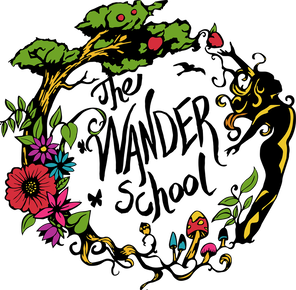
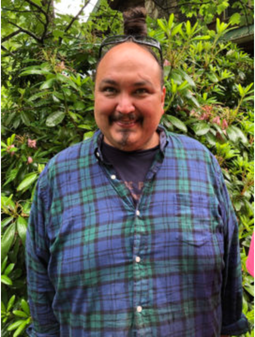
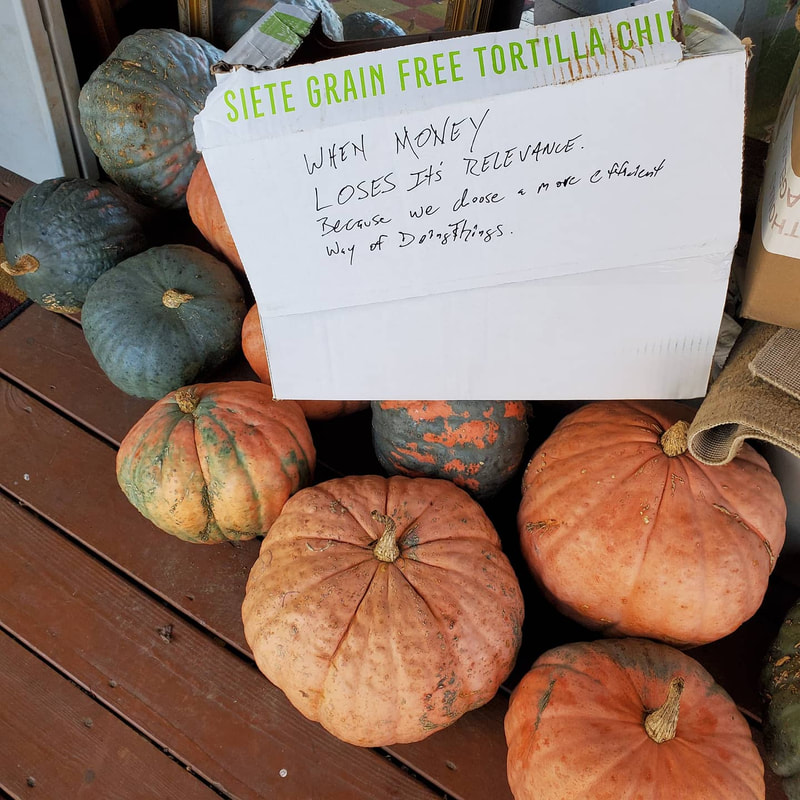
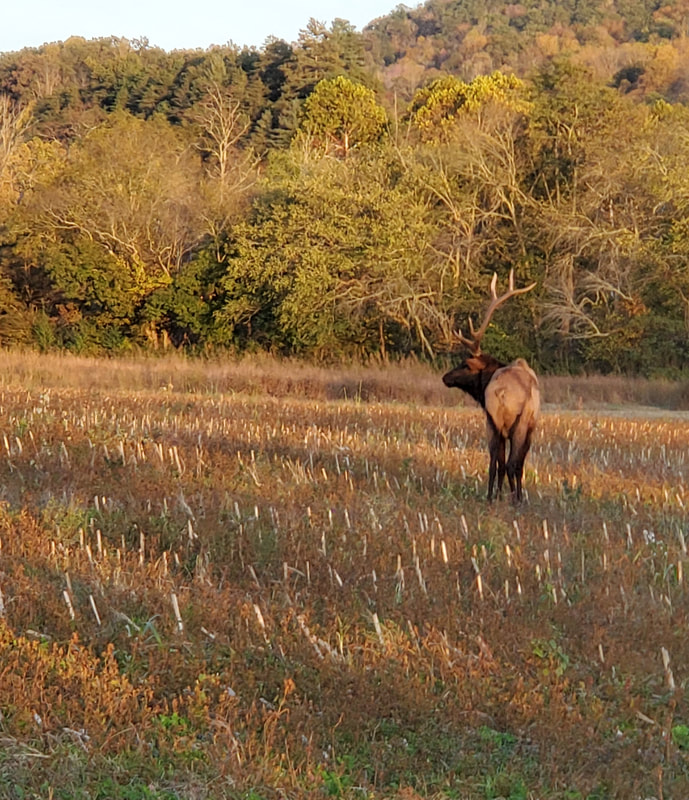
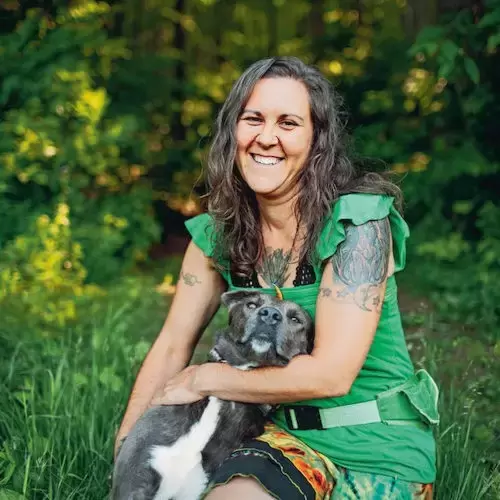
 RSS Feed
RSS Feed